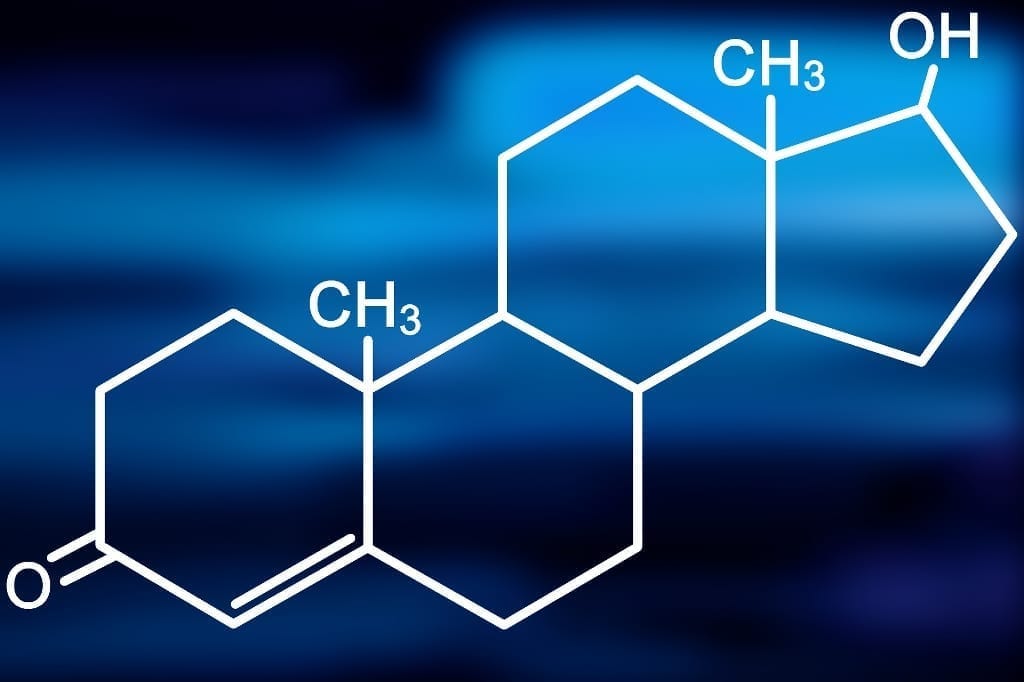Caltech Finds Testosterone Makes Men Less Likely to Questions Impulses
Researchers from Caltech, the Wharton School, Western University, and ZRT Laboratory found that sex hormone testosterone is connected to a greater reliance on “gut instincts and less of self-reflection,” the institute said in a statement. The research will appear in an upcoming issue of the journal Psychological Science.
The team of researchers found that “men given doses of testosterone performed more poorly on a test designed to measure cognitive reflection than a group given a placebo.” This is one of the largest studies of its type ever conducted. 243 men were randomly selected to receive a dose of testosterone gel or placebo gel and were then given a cognitive reflection test. A math task was also given to control for participant engagement, motivation level, and basic math skills.
The results show that the group given the testosterone answered, on average, 20% fewer questions correctly than the group that received the placebo. “The testosterone group also ‘gave incorrect answers more quickly, and correct answers more slowly than the placebo group,'” the researchers reported.
“What we found was the testosterone group was quicker to make snap judgments on brain teasers where your initial guess is usually wrong,” Caltech’s Colin Camerer said. “The testosterone is either inhibiting the process of mentally checking your work or increasing the intuitive feeling that ‘I’m definitely right.'”














